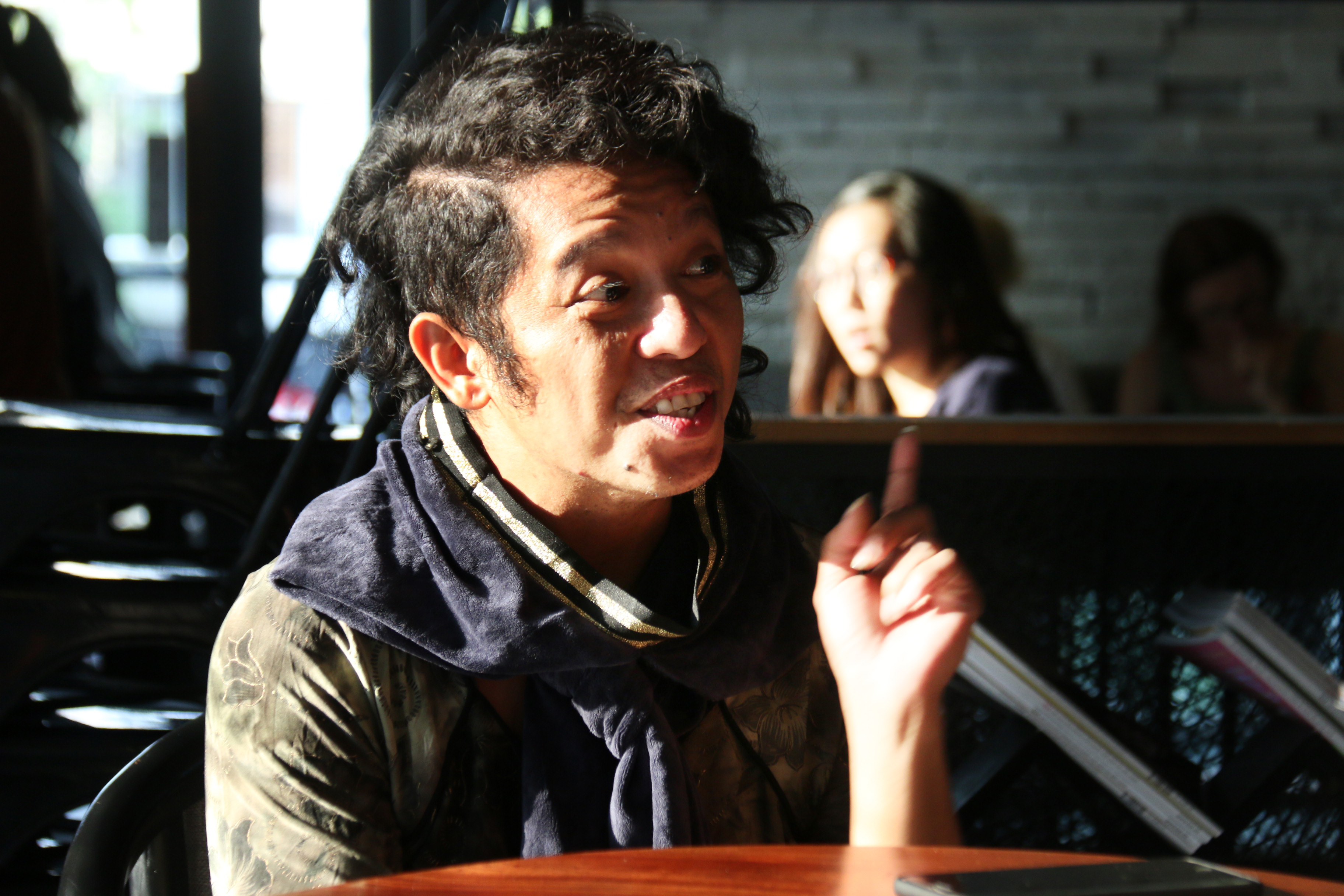For most Filipino singers in Vietnam, earning a living is the top priority, however, the market is turning more and more competitive.
>> Filipino singers in Vietnam – P3: The whole singing family
>> Filipino singers in Vietnam – P2: A quarter century in Vietnam
>> Filipino singers in Vietnam – P1: The beauties on stage
>> Filipino singers in Vietnam – P4: The Vietnam Idol from Bohol
The reason to be far way from home
Fifteen years ago, when Amor Garcia was working as a technical staff at an online service provider company in the Philippines, she received an invitation to perform in Vietnam for three months.
With musical skill and experience, Garcia accepted the opportunity, considering it to be a a vacation.
The Baguio-born woman didn’t have any idea that the trip would change her life forever.
A decade and a half later she is still here.
“In Hong Kong, China, and other places, people often see Filipinos as domestic helpers and look down on us,” Garcia said.
“In Vietnam, people have more respect towards Filipinos, that makes my heart belong to this place,” she added, explaining why she felt in love with the country and chose to settle here.
Second daughter in a family of five, Amor Garcia was working to cover her siblings’ monthly foods and school fees.
In the past, she would send US$1,000 a month for her three siblings back home.
Now that her siblings have finished school, the 43-year-old performer sends US$400 a month to help her family buy an apartment and cover her father’s medical expenses.
Besides performing, Garcia also tutors English.
The main income from singing is split between covering her basic expenses and supporting her family.
 |
| Amor Garcia is seen performing at a bar in Ho Chi Minh City's District 1. Photo: Tuoi Tre |
Meanwhile, though graduating in construction engineering, Alvin V.Manigos, now in his forties, first began his singing career in Vietnam 11 years ago.
He was supposed to substitute for his brother in his band, but life had different plans for him.
“What I had to do was just perform every night at a hotel in Saigon without having to spend anything because they covered my accommodation,” he recalled. “It was such a good offer, how could I refuse?”
“Also, I love doing this job because it’s my passion,” he added.
Like many other Filipino singers, most of Manigos’ income was sent back to the Philippines to support his family and cover his brothers’ school fees.
“Most of the Filipino people who work overseas save money to help their family, that’s the main goal of us for working far away,” he explained.
 |
| Alvin V.Manigos is seen performing at a resort in the south-central tourism town of Mui Ne. Photo: Tuoi Tre |
The competitiveness
That was more than ten years ago when Filipino singers easily worked in Vietnam thanks to the strength of their English abilities. But now, things have changed.
The market recently has turned harsher and harsher, with competitiveness coming from both Filipino and Vietnamese singers.
According to Amor Garcia, just 15 years ago the number of Filipino singers in Saigon could be counted on one hand.
In the past, Filipino singers came to Vietnam under contracts with talent and management agencies.
When the amount of performers began to increase, those Filipino singers started to separate from their agencies and began to work independently.
Later, it became easier for Filipinos to come to Vietnam and the market began to flood with singers. More supply meant lower pay.
“Many young people coming here want to get a job so that they can stay and they often accept a lower price than the experienced singers. We have lost many shows for that,” Garcia expressed.
Maya, another Filipino singer also confirmed the competitiveness of Saigon’s foreign music scene.
According to him, many non-singer Filipinos come to Vietnam to teach English or do other jobs, then apply to perform at bars with a lower price than “real singers.”
While some venues pay a lower price for those “amateurs” performers, others are still willing to pay high for professional singers.
 |
| Singer Maya shares with Tuoi Tre about the challenges Filipino singers in Vietnam have to face. Photo: Tuoi Tre |
Not only that, an emerging generation of Vietnamese performers who are good at singing in English also poses a challenge for Filipinos singers in Vietnam.
Many performers from the Philippines have expressed their worry about a future where they will be gradually replaced by Vietnamese singers.
Amor Garcia gave an example in which a Filipino singer was substituted by a Vietnamese singer who can sing English well.
“Currently Filipino singers are paid higher than Vietnamese but there’s a lot Vietnamese singers getting better and better,” Garcia said.
“Soon, people will not need Filipino singers as they have talented Vietnamese alternative. I’m not sure if I’ll be able to stay here much longer,” she added.
Meanwhile, although Vietnam has been an ideal destination for Filipino singers for years, not everyone can stay with the job for long, according to musician Huynh Quoc Thuan, 56, who has spent years performing with Filipino singers.
“Many Filipino singers who did not sing well and couldn’t have find shows to perform had to return home or found another job,” he commented.
|
Sing the original tone According to Maya, many Filipino singers are audiences’ favor because they can “copy” the voices of the song’s original singers. He said Filipino do not go to school to learn music and they often learn to sing the songs’ original keys or learn to copy the way of the original performers. “If the key is changed, many Filipino singers cannot sing or get the key easily. So when the band asks “what key?”, I always reply “the original one.” |


















































